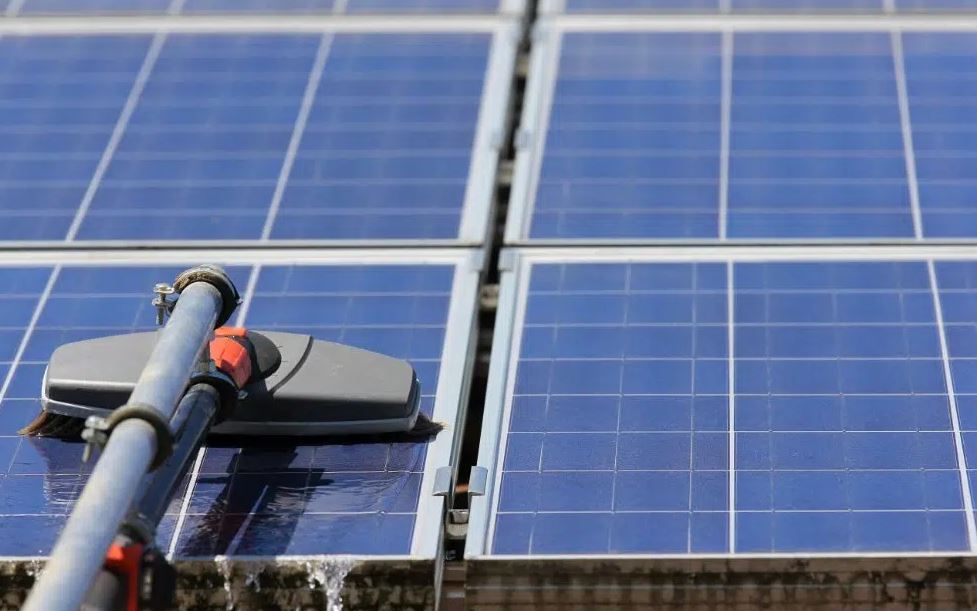5 Main C&I Challenges and The Keys to Overcome Them
Commercial and industrial (C&I) solar developers face numerous challenges in 2024, from technical issues to operational inefficiencies. Addressing these challenges effectively is crucial for optimizing performance and ensuring the success of solar projects.

1. Alert Overload
Challenge: Solar monitoring systems often generate a high volume of alerts, many of which may be false positives or of low priority. This can overwhelm the operations team, leading to important issues being overlooked.
Solution:
- Leverage Artificial Intelligence (AI): Implement AI-driven monitoring systems that can intelligently filter and prioritize alerts. AI algorithms can learn from historical data to identify patterns and differentiate between critical and non-critical alerts.
- Automated Responses: Develop automated responses for common issues. For instance, if an alert indicates a temporary drop in output due to shading, the system can automatically log the incident and schedule a follow-up check.
2. Downtime and Maintenance
Challenge: Unexpected downtime and maintenance can significantly impact the performance and financial returns of solar installations.

But fixing it is easy & fast!
Solution:
- Predictive Maintenance: Utilize predictive maintenance tools that use data analytics to predict when components are likely to fail. This proactive approach can reduce unexpected downtime and extend the lifespan of equipment.
- Remote Monitoring and Diagnostics: Invest in remote monitoring systems that allow for real-time diagnostics. This enables quick identification and resolution of issues without the need for on-site visits.
3. In-House Service Team Dilemmas
Challenge: Maintaining an in-house service team can be costly and inefficient, especially for smaller solar developers. It can be challenging to keep a team with the necessary expertise and equipment for all possible issues.
Solution:
- Outsource Asset Performance Management (APM): Contracting a third-party APM provider can be more cost-effective and efficient. These providers specialize in monitoring and maintaining solar assets, ensuring optimal performance.
- Third-Party Operations and Maintenance (O&M) Networks: Leverage third-party O&M networks that provide specialized services on demand. This approach allows developers to access expert services without the overhead costs of an in-house team.
4. Reporting Difficulties
Challenge: Generating accurate and comprehensive reports for stakeholders can be time-consuming and prone to errors, especially when data is siloed across different systems.
Solution:
- Standardize Reporting Tools: Implement standardized reporting tools that integrate data from various sources into a single platform. This ensures consistency and accuracy in reporting.
- Automated Reporting: Use software solutions that automate the generation of reports. Automated systems can pull data from monitoring systems and generate detailed reports with minimal human intervention, reducing the risk of errors.
5. Unpredictable Events
Challenge: Unpredictable events such as extreme weather, regulatory changes, or supply chain disruptions can impact project timelines and financial outcomes.
Solution:
- Performance Guarantees: Offer performance guarantees to mitigate the financial impact of unpredictable events. These guarantees can cover periods of reduced performance due to weather or other external factors.
- Risk Mitigation Strategies: Develop comprehensive risk mitigation strategies. This includes diversifying the supply chain, maintaining a buffer stock of critical components, and staying informed about regulatory changes to adapt quickly.

To sum it up...
The C&I solar sector offers significant opportunities for businesses to reduce energy costs and achieve sustainability goals. Addressing the key challenges with innovative solutions, leveraging outbound strategies, establishing a strong brand, and optimizing online presence through social media and SEO are crucial for growth. Companies that embrace these strategies can enhance operational efficiency, improve financial performance, and contribute to a more sustainable future.


.png)
.png)